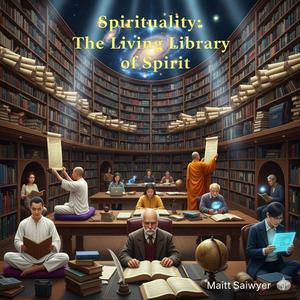Episode 97 – Emergent Strategy: Shaping Change, Changing Worlds by adrienne maree brown
This episode delves into the transformative and deeply inspiring work of adrienne maree brown, "Emergent Strategy: Shaping Change, Changing Worlds," presenting it as a vital blueprint for building a more just, resilient, and life-affirming future. Brown's central thesis is that by observing and learning from the intricate, adaptive patterns of the natural world—from the resilience of dandelions to the fractal beauty of ferns and the collaborative intelligence of ant colonies—we can discover more effective and sustainable ways to create positive change. This is not just a collection of abstract ideas, but a call to embody these principles in our daily lives, our relationships, and our movements for social justice.
"Emergent Strategy" is an invitation to move beyond the rigid, top-down, often ego-driven models of leadership and organizing that have dominated our past. Instead, it champions a more decentralized, adaptive, and trust-based approach, where change emerges organically from the small, local, and authentic actions of interconnected individuals. The episode unpacks the core principles of this strategy, such as recognizing that "small is good, small is all," and that the "critical connections are more important than the critical mass." This philosophy emphasizes the power of building deep, authentic relationships and fostering a culture of mutual support and collaboration, rather than focusing solely on large-scale, often impersonal, campaigns.
Ultimately, this deep dive into brown's work is a powerful reminder that we are all part of a larger, interconnected web of life, and that our actions, no matter how small, have the potential to ripple outwards and create profound change. It is a call to embrace a more humble, iterative, and joyful approach to social transformation, one that is rooted in love, trust, and a deep reverence for the wisdom of the natural world. By learning to flow with the currents of change, to adapt and innovate, and to build strong, resilient communities, we can become more effective agents of the just and liberated world we long to create.



